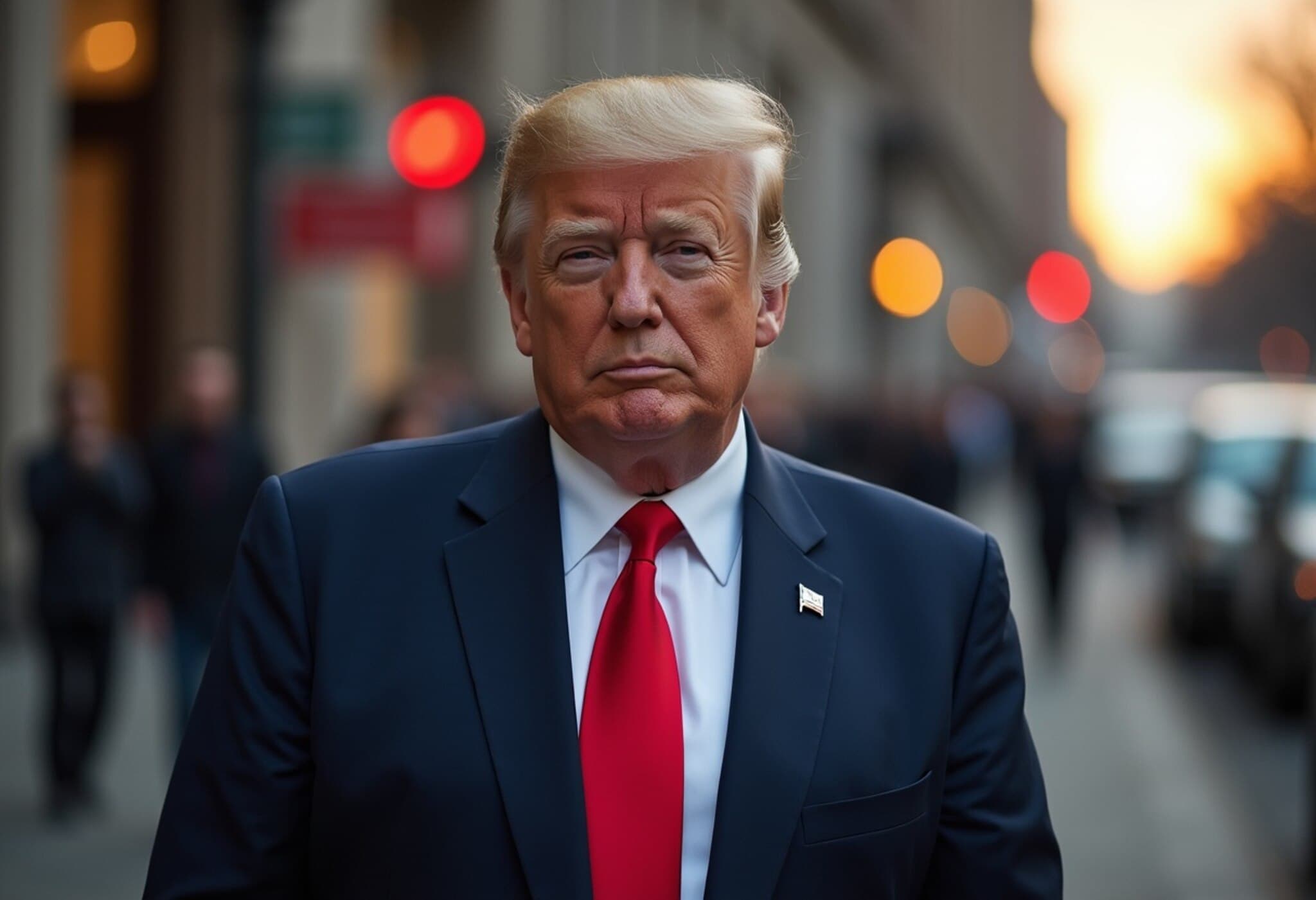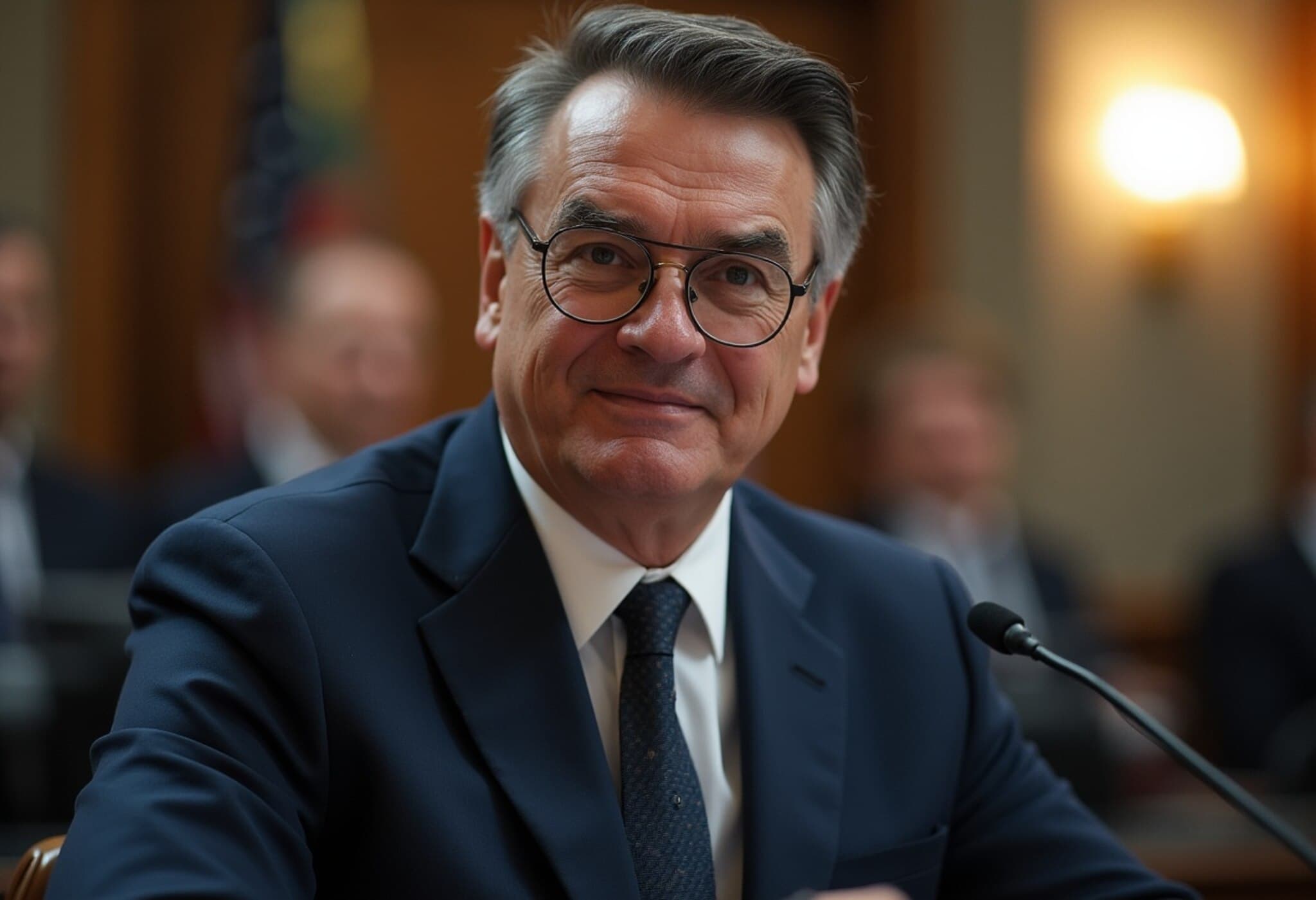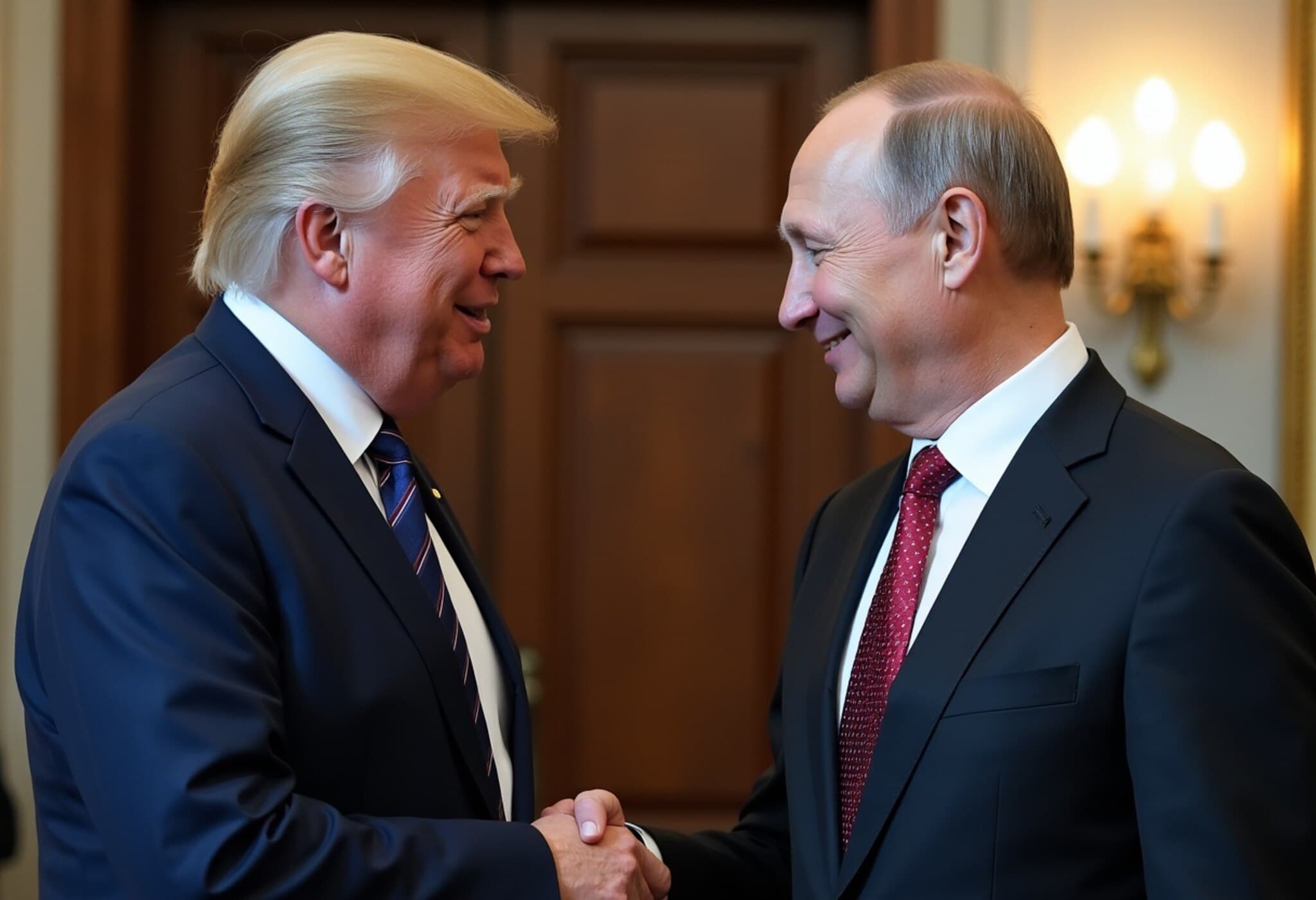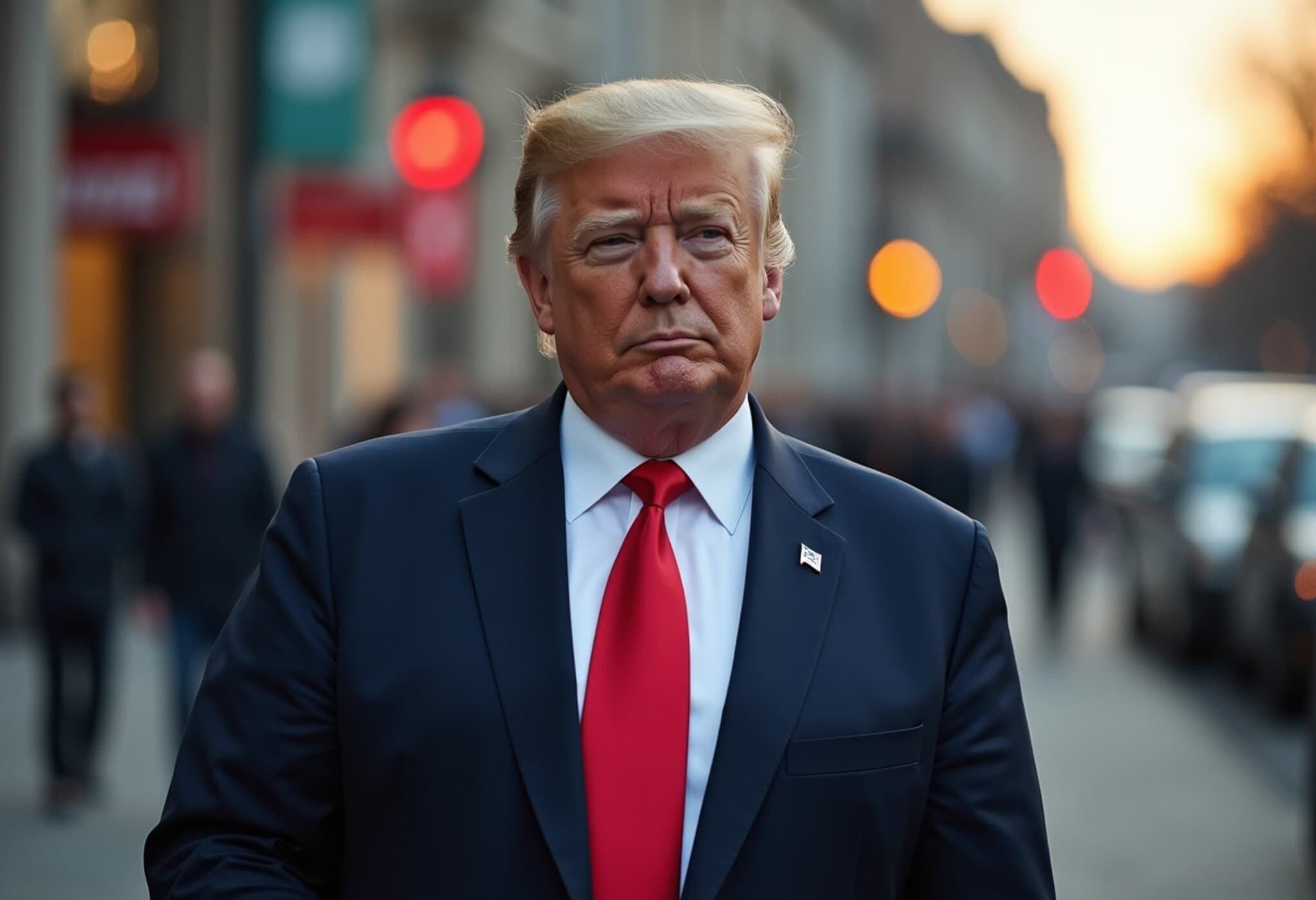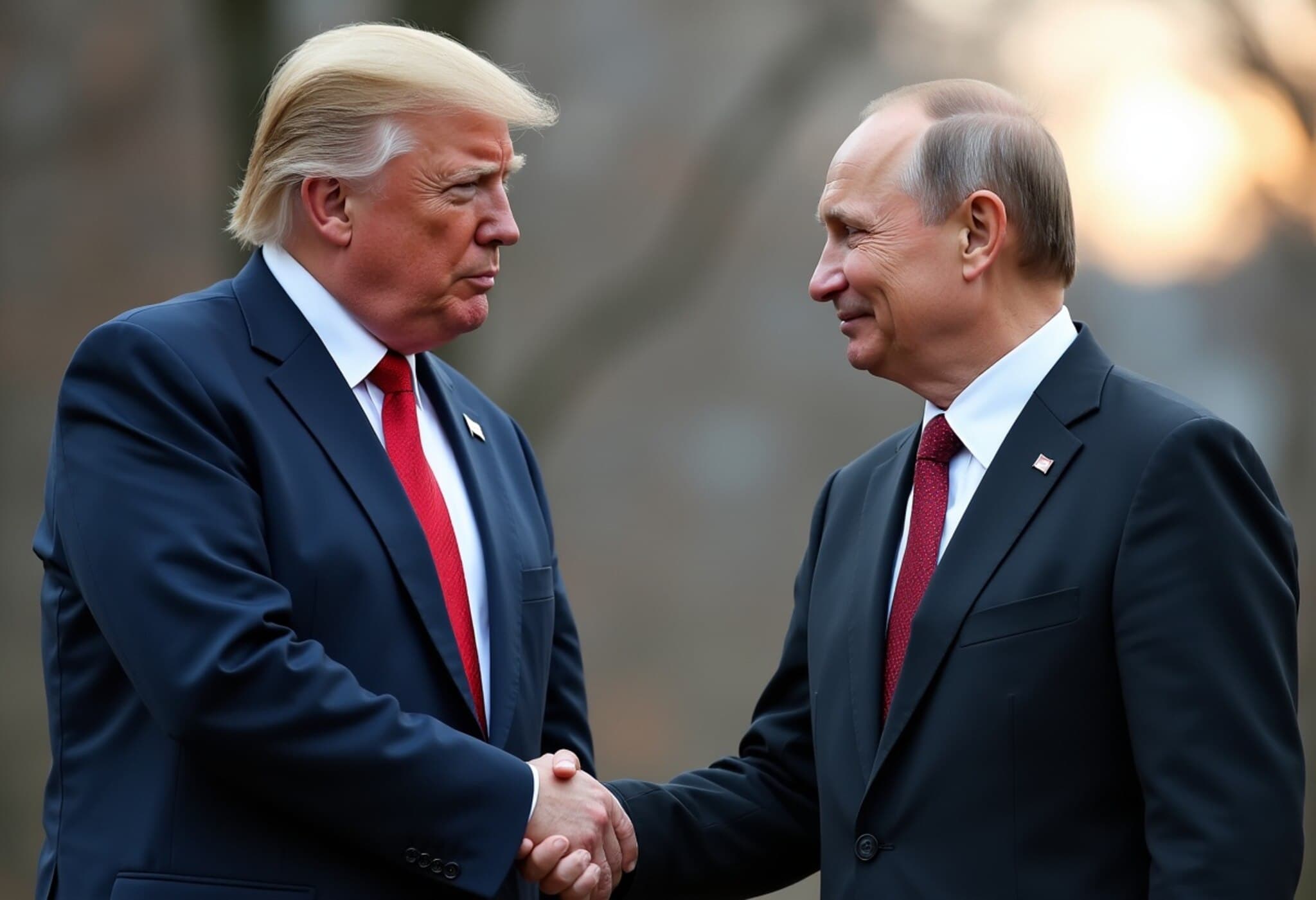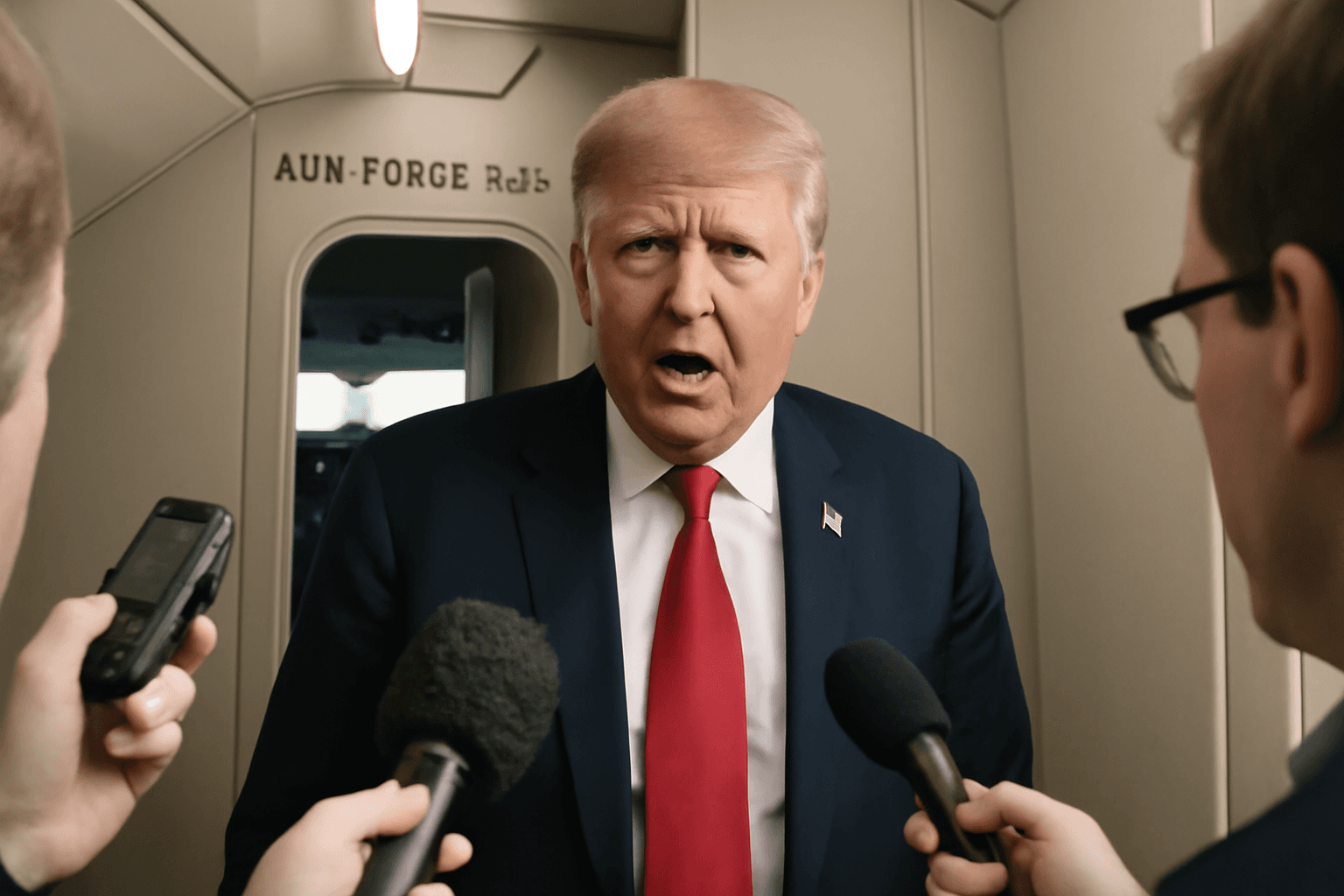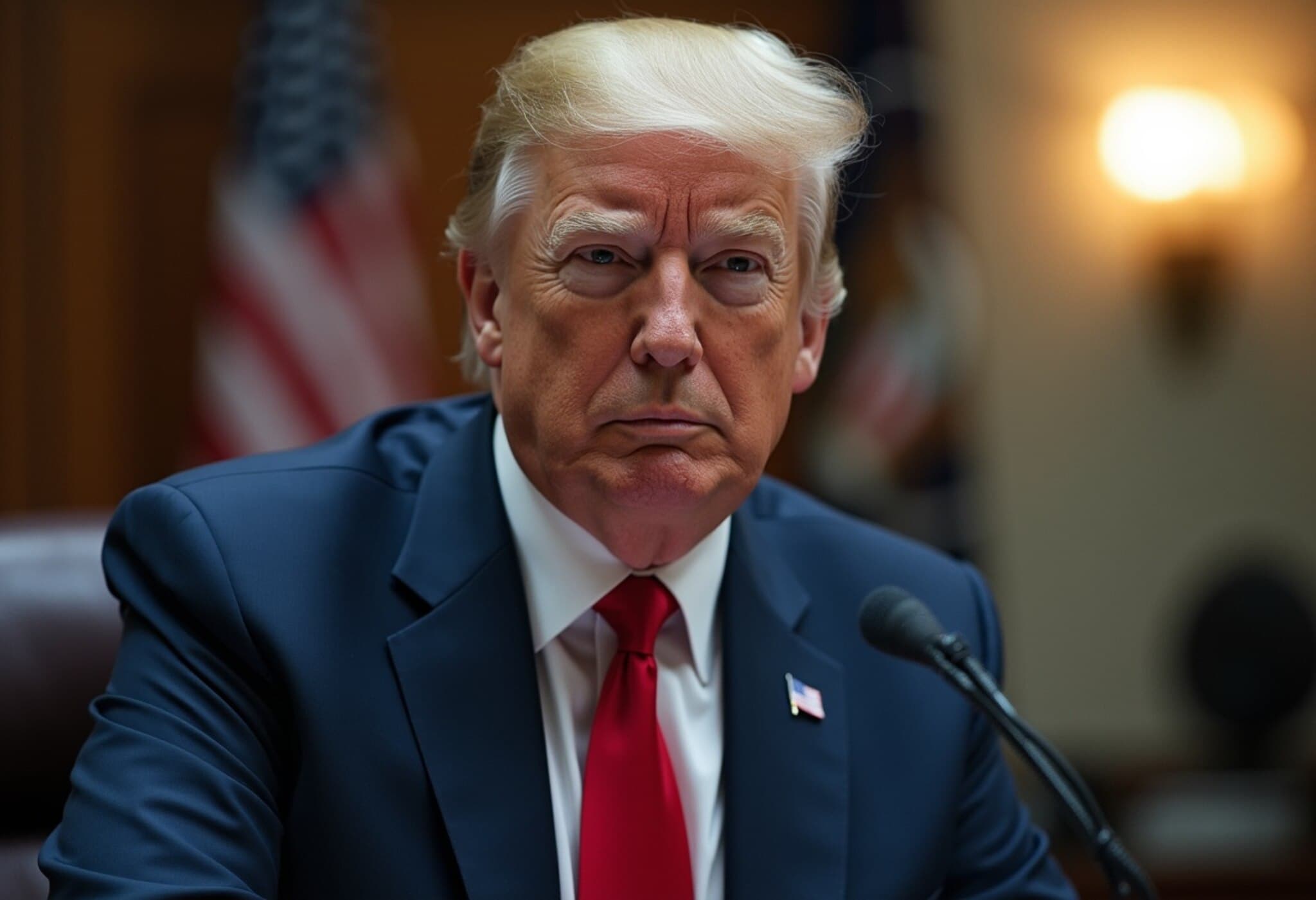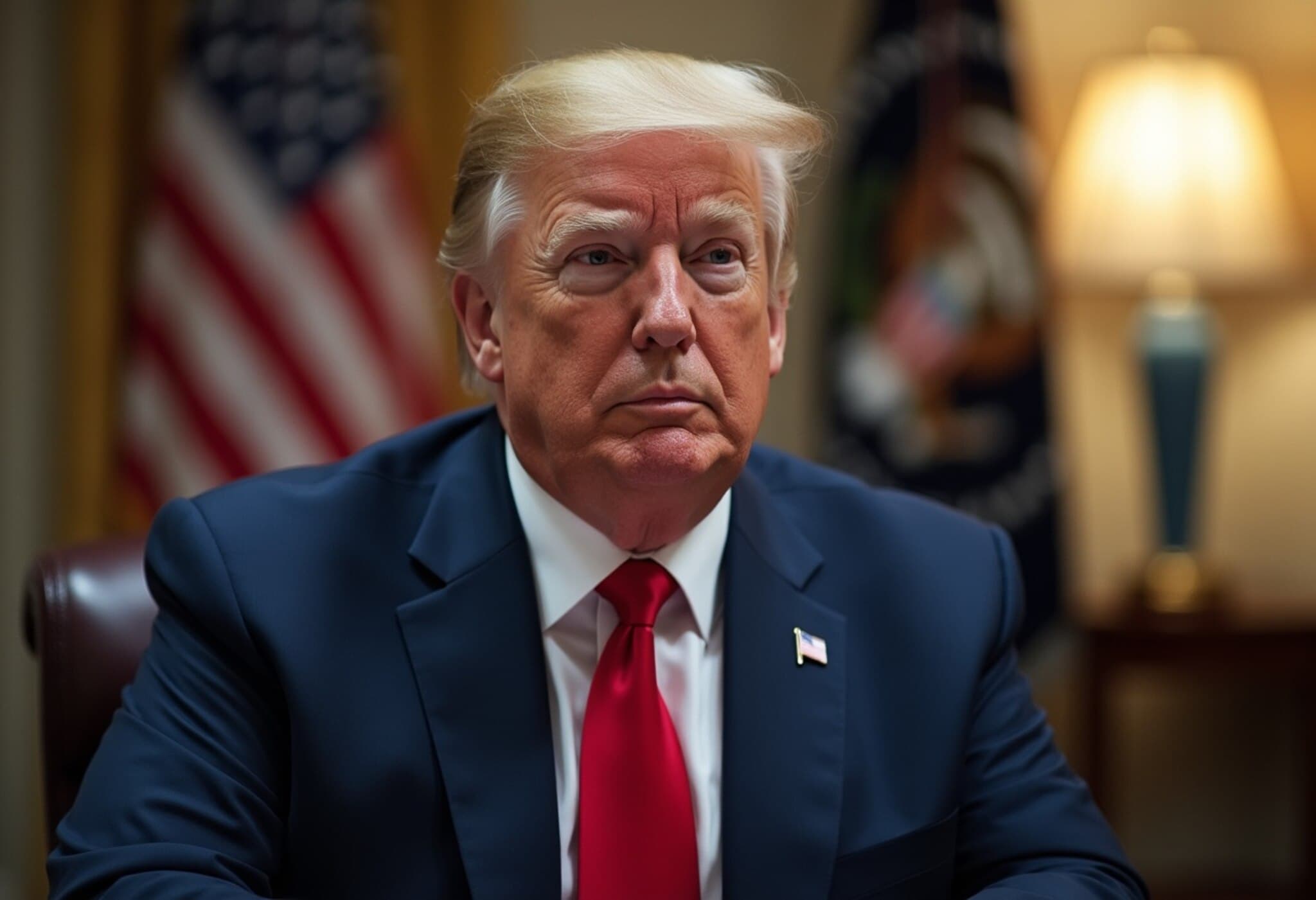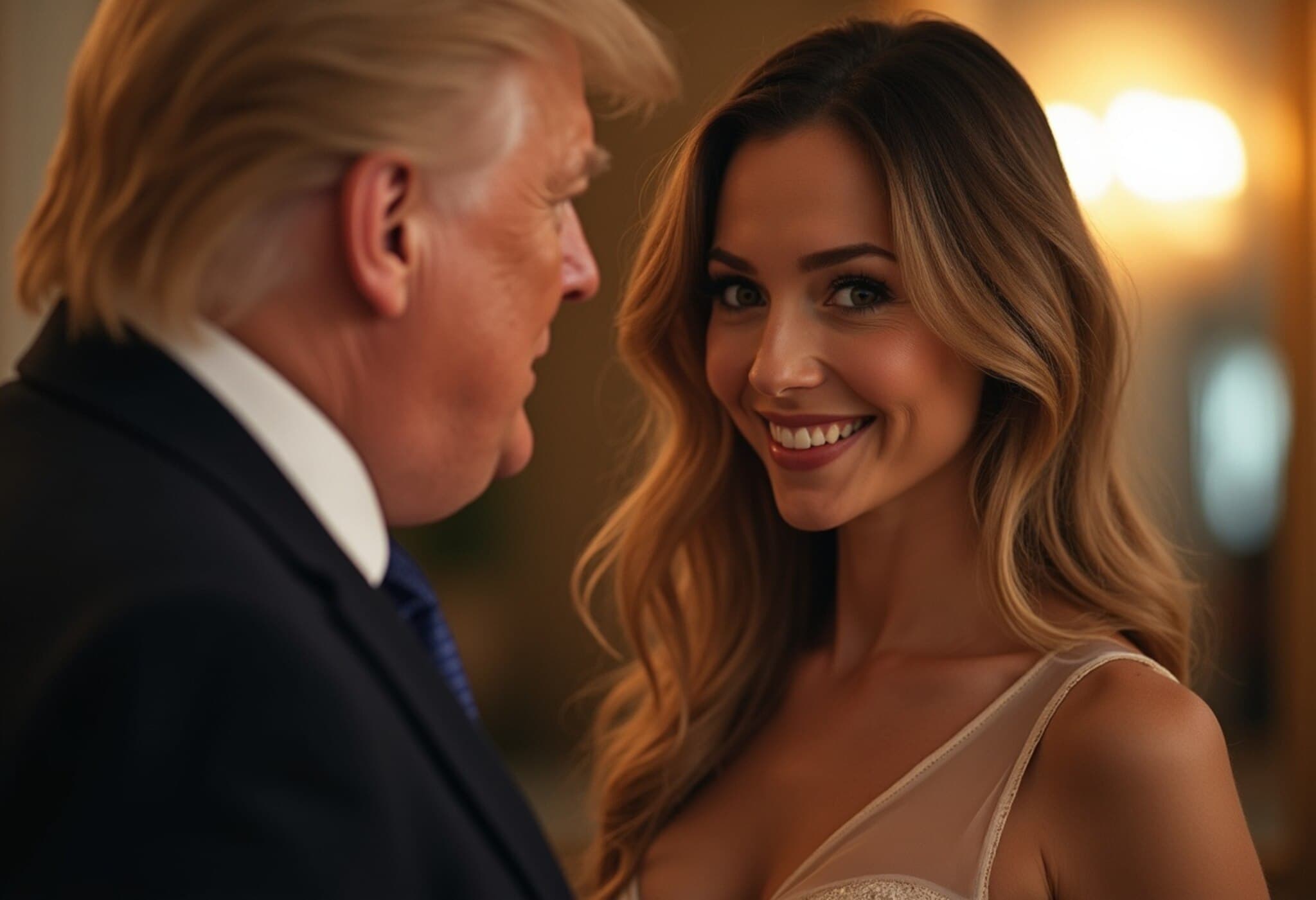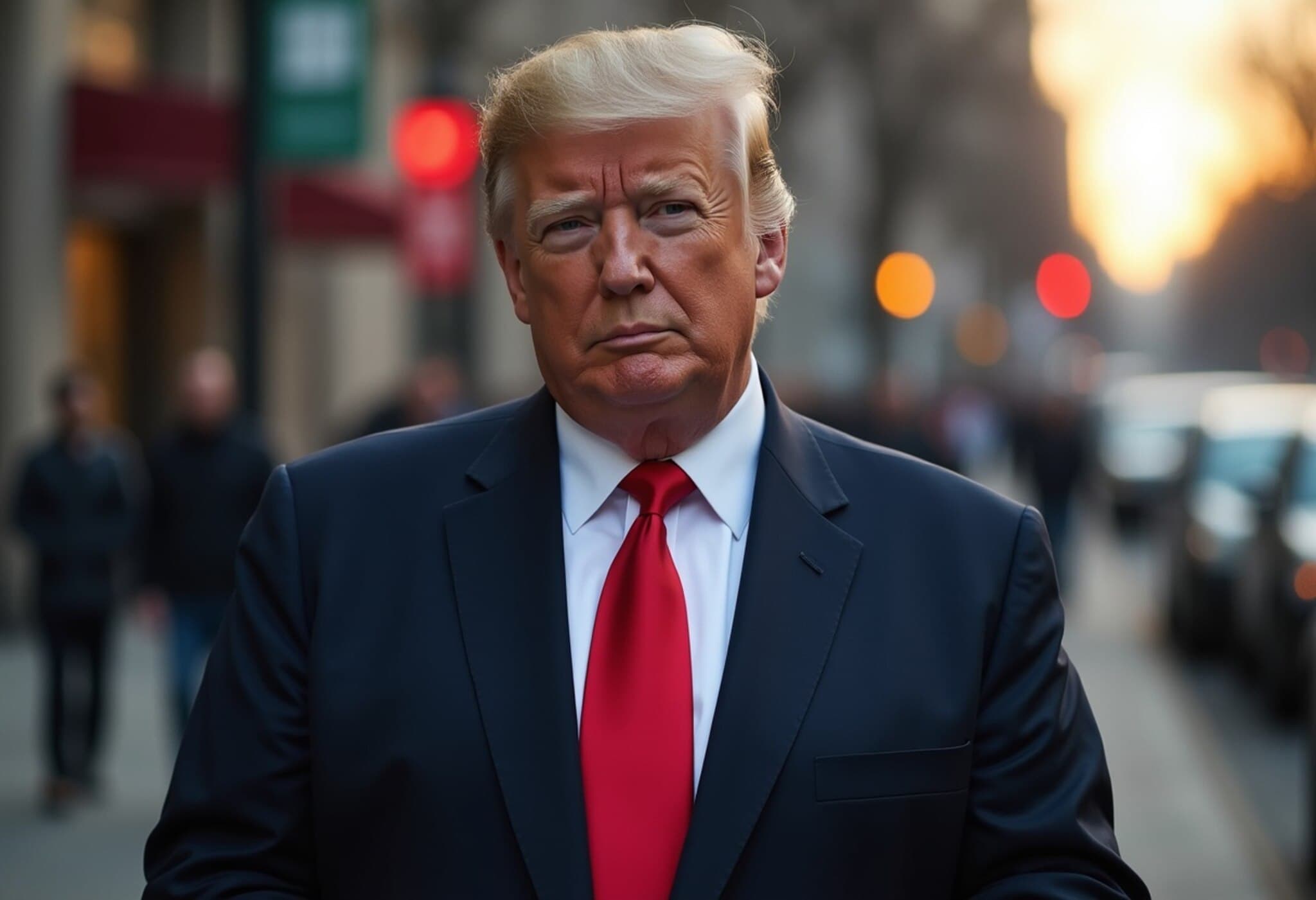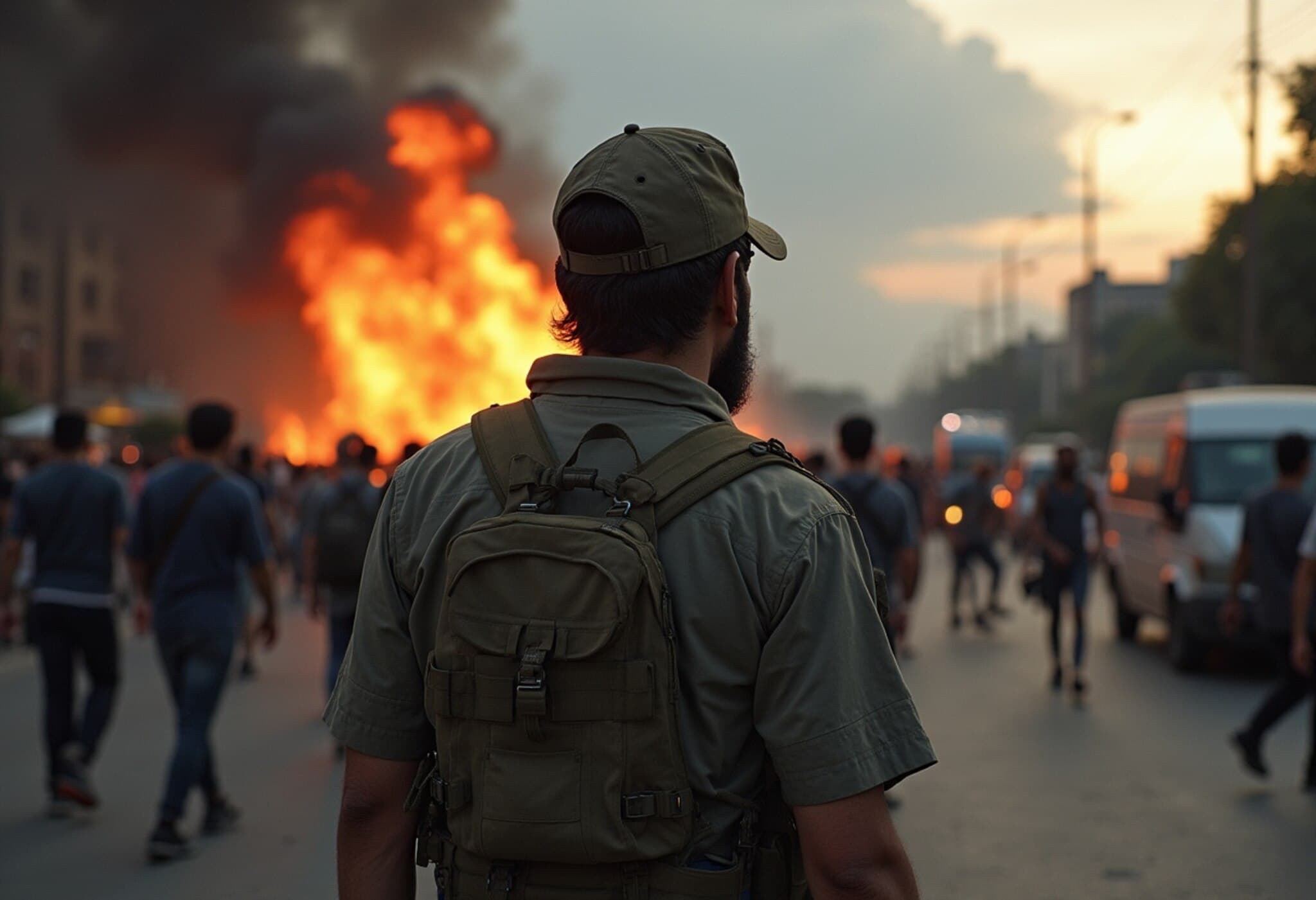Understanding Trump’s Unconventional Impact on Global Politics
Since Donald Trump’s emergence on the world stage, the traditional playbook of American diplomacy has been turned on its head. Unlike many of his recent predecessors, Trump's administration leveraged American power with an unorthodox style that disrupted long-standing alliances and reshaped international relationships. In this evolving geopolitical landscape, old certainties no longer hold, and yesterday’s adversaries can quickly become today’s partners.
Inside the White House: Reporting on Six Presidencies
Peter Baker, chief White House correspondent for The New York Times, offers a uniquely seasoned perspective. Having reported on every presidency from Bill Clinton onward, Baker has witnessed firsthand the shifts in American leadership style, diplomatic strategy, and global engagement. His insights provide a valuable context for understanding how the Trump era represents both continuity and upheaval in U.S. foreign policy.
What Sets Trump Apart in Global Affairs?
- Disruption of Alliances: Traditional alliances like NATO and partnerships with longstanding allies experienced unprecedented strain, as Trump often questioned their value and demanded more equitable contributions.
- Transactional Diplomacy: Rather than adhering to ideological or value-driven frameworks, the Trump administration’s foreign policy frequently emphasized deal-making and direct exchanges.
- Unpredictable Engagements: The administration’s unconventional rhetoric and unorthodox approaches frequently introduced uncertainty, forcing global leaders to adapt rapidly.
Your Questions Welcome: A Dialogue with Peter Baker
Recognizing the public's keen interest in these transformations, The New York Times invites readers to submit their questions about Trump’s impact on world affairs. Peter Baker will address selected queries in the upcoming global newsletter, bridging the gap between complex international policy debates and everyday understanding.
This initiative offers an important opportunity to explore the nuances behind headlines: How do Trump's unpredictable strategies affect America's global stature? Are his negotiations reshaping power balances in Asia, Europe, and beyond? What are the implications for future U.S. foreign policy trajectories?
Contextualizing Trump’s Legacy in American Foreign Policy
Trump’s tenure invites us to interrogate the broader questions of America's role on the world stage. His approach has highlighted the fragility of post-World War II alliances and the challenges of maintaining global leadership in a multipolar world. Importantly, it also raises underreported issues such as the impact on lesser-known diplomatic relationships and how U.S. domestic politics intertwine with international perception.
Broader Insights from Katrin Bennhold
Adding to the conversation is Katrin Bennhold, senior international writer who formerly led The Times' Berlin bureau. Having reported extensively from across Europe, Bennhold brings critical insight into how populism, nationalism, and gender dynamics intersect with global politics—dimensions often overshadowed in mainstream discussions.
Engage, Reflect, and Understand
As the world watches how Trump's footprint continues to influence global affairs, informed public dialogue is essential. By engaging with experts and unpacking the complex layers of policy and personality, readers gain a more holistic view of a changing international order and the American role within it.
Editor’s Note
This reader-driven conversation aims to illuminate the complex web of questions surrounding Trump's impact on the global stage. In a moment marked by shifting alliances and political unpredictability, understanding these dynamics is crucial—not only for policy analysts and diplomats but for all citizens who shape democratic discourse. We encourage you to participate, reflect, and stay tuned for responses from seasoned experts like Peter Baker and Katrin Bennhold.

